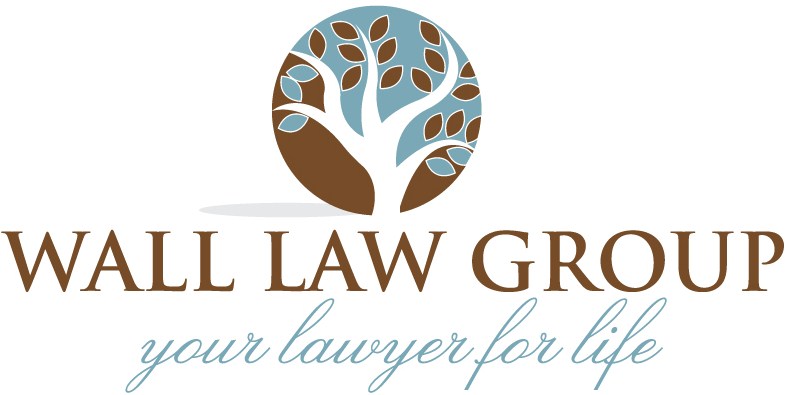To qualify for Medicaid, you must have limited income and assets (in most states, no more than $2,000 in your name). If you have more than that, you may find yourself having to "spend down" your extra assets to meet the $2,000 limit.
Someone Finally Did Things Right! Lessons from Robin Williams’s Estate Plan
 Last week we tragically lost an entertainer who played a major role in the lives of many. Usually when a celebrity dies I read about how their estate plans went awry and how they did everything wrong, but today I am pleased to report that I am able to discuss one celebrity who may have done things right. Early reports, citing TMZ (seriously, where do they dig this stuff up and how ridiculous is it that I am citing it?), indicate that Robin Williams may have used a revocable trust as his primary vehicle to transfer his assets at death.
Last week we tragically lost an entertainer who played a major role in the lives of many. Usually when a celebrity dies I read about how their estate plans went awry and how they did everything wrong, but today I am pleased to report that I am able to discuss one celebrity who may have done things right. Early reports, citing TMZ (seriously, where do they dig this stuff up and how ridiculous is it that I am citing it?), indicate that Robin Williams may have used a revocable trust as his primary vehicle to transfer his assets at death.
There are a number of reasons a revocable trust may be the perfect estate planning tool, but primary among them is privacy: a revocable trust is a private document that normally will be unavailable to the public, an important consideration for a public figure. In contrast, consider the cases of Phillip Seymour Hoffman and James Gandolfini, among others, whose wills and dispositions from their large estates were on public display. A will is a public document, filed with the court in a probate proceeding, and as such is available to the public; a trust is not automatically subject to probate or court jurisdiction. If a client-say a celebrity, an athlete, or even a resident of a small town full of nosy neighbors—ever has a need for privacy, the revocable trust is the preferred instrument.
A revocable trust can also reduce (but not eliminate) the possibility of intra-family drama surrounding the estate plan. A revocable trust avoids a probate proceeding, without which no notice to family members and heirs is necessary. Only the named beneficiaries need to get notice of the distribution from a trust, unlike in probate where all defined heirs, along with named beneficiaries, are required to receive notice. This means that a child or someone else who intentionally may have been excluded as a beneficiary will receive notice and will be an interested party in a court-supervised probate proceeding. It is still possible to bring action to determine the validity of a trust, or to contest distributions from a trust, but a party who might wish to press such claims may never even receive notice that the trust exists.
Just because Robin Williams appeared to have used a revocable trust instead of a will as his primary estate planning vehicle doesn’t mean his estate plan was perfect, but it does mean he was able to ensure that the division of his assets will remain private. One caveat: revocable trusts are only helpful if you have actually transferred your assets to the trust. Funding the trust is crucial and you should always work with a qualified estate planning attorney to coordinate the details.
